There are serious problems regarding the superiority of law in Greece, according to the Federation of Western Thrace Turks in Europe (ABTFF).
“The rule of law in Greece is increasingly deteriorating and the effect of politics on the judiciary is becoming apparent,” ABTFF President Halit Habipoğlu said in a statement on Civil Liberties Union for Europe’s annual “2025 Liberties, Rule of Law” report.
“One of the most obvious examples of this is undoubtedly the Supreme Court disregarding the rulings of the European Court of Human Rights (ECtHR) regarding the three foundations representing our community,” Habipoğlu said.
Despite ECtHR rulings, the Supreme Court rejects requests to return the legal personality of the Iskeçe (Xanthi) Turkish Union or register the Rodop Turkish Women’s Culture Association and Maritsa Minority Youths Association, according to the ABTFF leader.
The Iskeçe Turkish Union (ITB), founded in 1927, the Komotini Turkish Youth Union (GTGB) founded in 1928 and the Western Thrace Turkish Teachers’ Union (BTTÖB) were all closed in the 1980s due to the claim that the 1923 Treaty of Lausanne defined it as “Muslim” rather than “Turkish.”
For a while, the term “Turkish” on minority school signs and report cards was ignored by Greece, and from the 1980s onward, associations bearing the name Turkish were not given official permission to operate.
The Maritsa Minority Youth Association and the Rodop Turkish Women’s Cultural Association took the issue to the ECtHR in 2005, together with the ITB.
In its decisions dated 2007 and 2008, the court ruled that Article 11 of the European Convention on Human Rights (ECHR) regarding freedom of assembly and association had been violated.
Greek lawmakers passed legislation in 2017 regulating Greek courts regarding the adaptation of the ECtHR rulings, which added a clause, upon the objection of the opposition, that assured ECHR rulings may not be implemented “when national security is at stake.”
Greece refused to permit the activities of some associations established by the Turkish minority in Türkiye and closed them down, claiming that they were established with the aim of defending the view that Turks are an ethnic minority.
Some 150,000 Muslim Turks in Western Thrace, economically one of the poorest in Greece, have long complained over deteriorating conditions. Seeing the community as a “hostage” of its ties with Türkiye, the Greek government has committed numerous breaches of its treaty obligations and ECtHR rulings over the years, including the closure of schools, the banning of Turkish-language education and refusing to legally allow the community to elect their religious leaders like muftis (Muslim clerics).

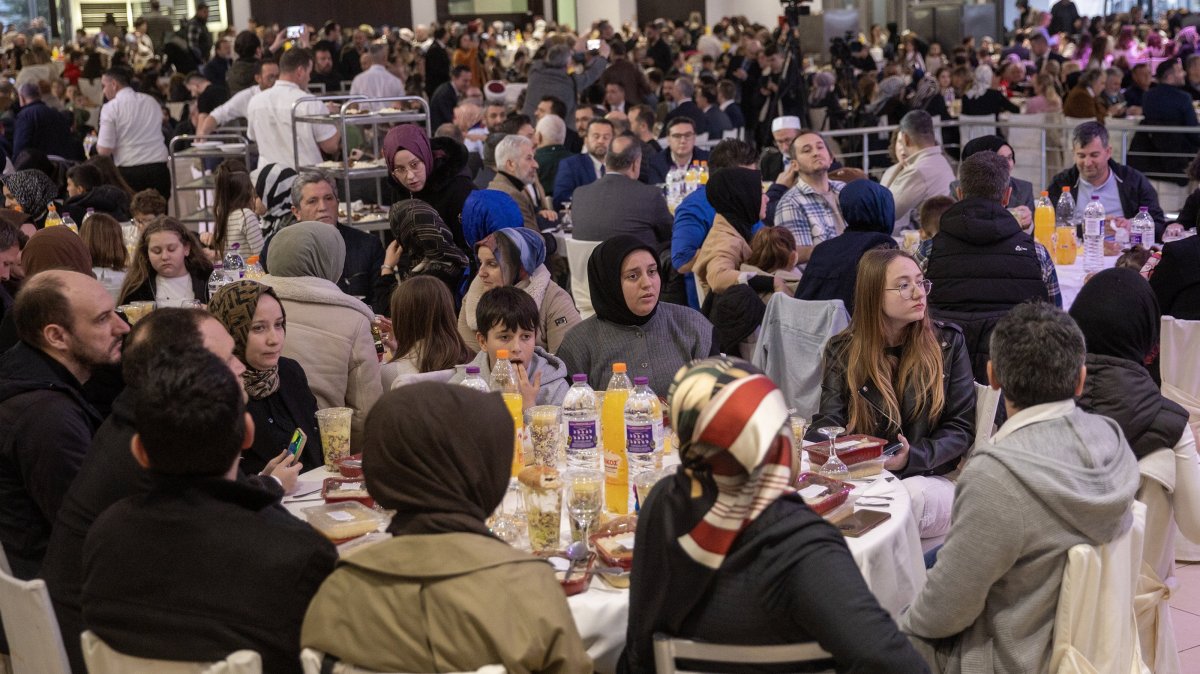
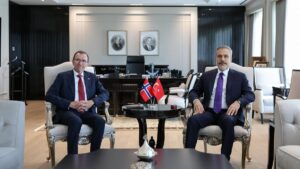
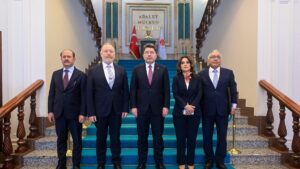




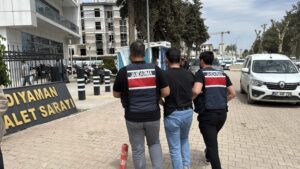
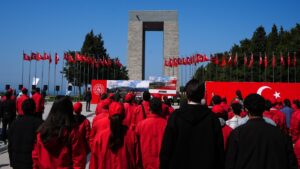

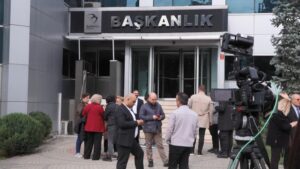

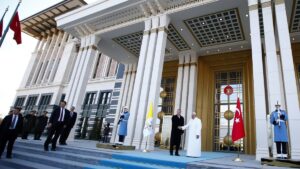

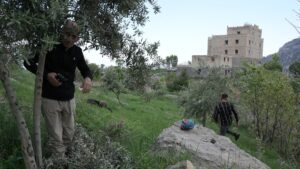
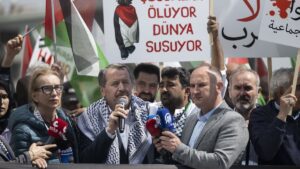

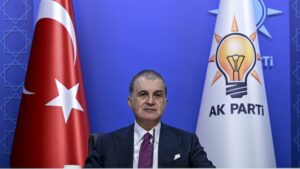
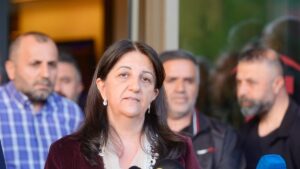

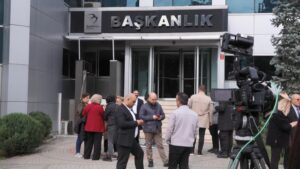
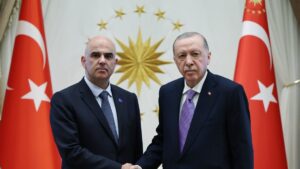

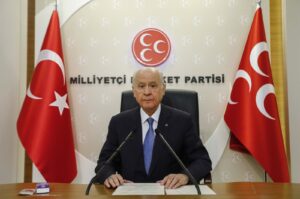
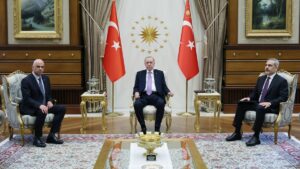
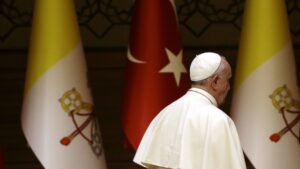





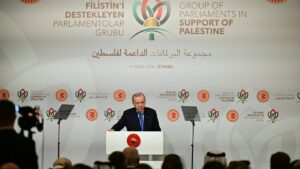
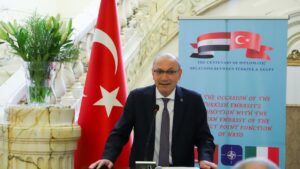
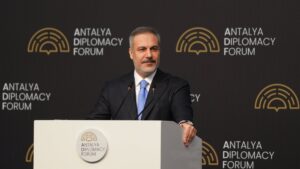

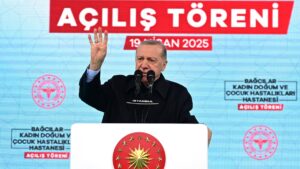




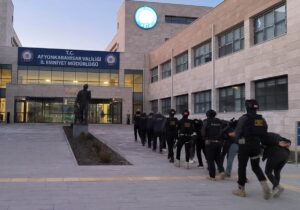

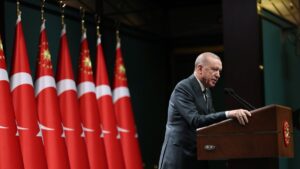

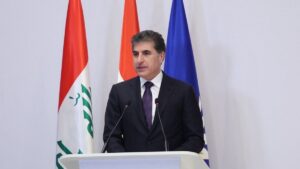

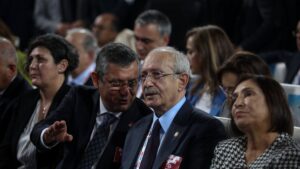
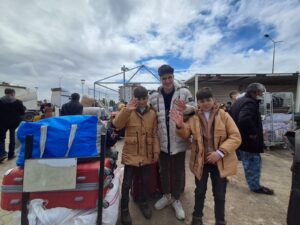
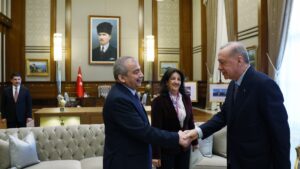


Be First to Comment